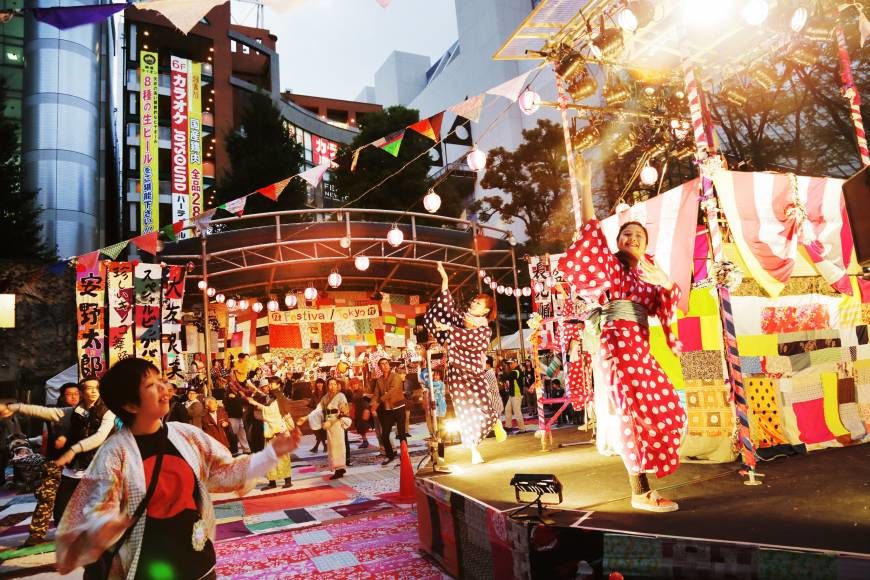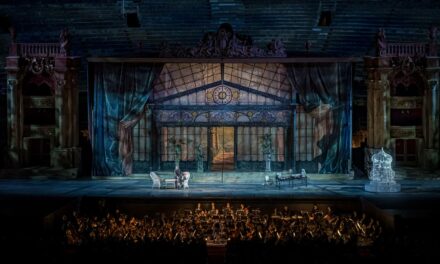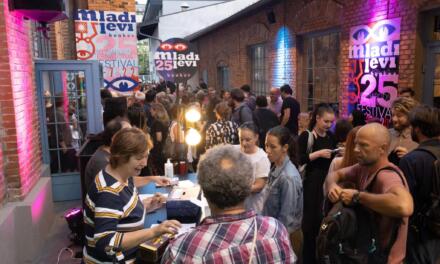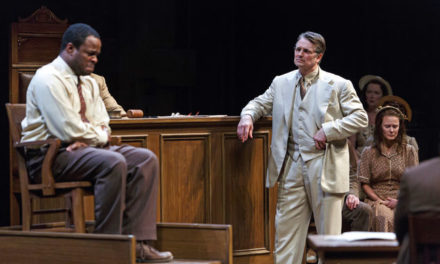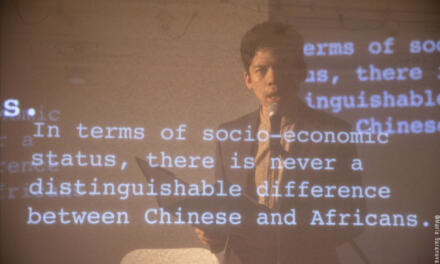Press conferences are usually upbeat affairs, but at the one held to herald Festival/Tokyo — a two-month theater festival that kicks off Oct. 15 — Artistic Director Sachio Ichimura appears looking worried and begins proceedings by bemoaning the event’s financial situation and wondering aloud about its future.
It was quite a shock considering F/T is one of the country’s top theater happenings, and an annual must-see for many.
So, to discover what was going on, I sought out several people involved with the event. Gradually it became clear to me that the capital’s entire arts landscape is in the throes of unannounced seismic shifts.
A key sign of the change came when Yuriko Koike, Tokyo’s new governor, appeared in Minami Ikebukuro Park one recent sunny afternoon at the official opening ceremony for something called Tokyo Metropolitan Festival 2016.
Surprisingly, she said that this previously unheard-of event, running Sept. 1 to Dec. 18 and mainly in Toshima Ward, would present Japanese performing arts as well as major foreign programs — much, indeed, as F/T has done for years.
Koike also said she was grabbing the helm of Tokyo’s arts and sports policy ahead of the 2020 Olympics, declaring: “I hope this Tokyo Metropolitan Festival will be an important point of dispatch for Tokyo’s culture to the world, as well as other areas of Japan.”
All that likely explained why F/T’s artistic director had earlier looked so worried.
Indeed, a little detective work soon revealed that, from this year, F/T has actually become one of four annual events grouped under the heading of the Tokyo Metropolitan Festival. The other three are the Toshima International City of Arts and Culture Program focusing on traditional performing arts and local festivals; a so-called Autumn Selection of plays to be presented at Tokyo Metropolitan Theatre (TMET); and the Asian Performing Arts Forum featuring artists from elsewhere in Asia.
To survey this evolving landscape, I sit down with F/T vice director Chika Kawai, who immediately explains, “We — representatives of each of the four sections, along with central TMF staff — are actually now talking about the best way of segregating the events.
“Though it’s all in transition since F/T started in 2009 it has gained a great reputation at home and abroad as a cutting-edge showcase for pioneering young artists, and we are determined to keep that character.
“To be honest, however, F/T was started with a budget of ¥350 million, but that has been slashed by almost ¥70 million since Tokyo was awarded the Olympics in 2013. Nonetheless, we’re looking at this as a test of how clever and imaginative we can be to keep the same quality and excitement as before.”
Sitting next to Kawai, Masahiko Yokobori, F/T’s program coordinator, then disclosed this year’s playbill, saying, “I aim to continue the great deeds realized by Chiaki Soma, F/T’s former artistic director whose programming propelled Tokyo to prominence in the international festival market and led to many top companies bringing their newest works here.”
Soma, who was a driving force behind the birth of F/T, and its artistic director from 2009, was controversially replaced by Sachio Ichimura just after she returned from maternity leave in 2013. In retrospect, it seems that though she had brilliantly projected Tokyo’s edgy culture scene worldwide, perhaps some key officials at the Tokyo Metropolitan Government, the festival’s paymaster, maybe weren’t comfortable with her radical focus.
Whatever the bureaucracy behind her demise, though, Soma’s spirit seems to be alive and well in the persons of Kawai and Yokobori.
“Regarding Japanese programs, I’m looking for the kind of intriguing works you probably wouldn’t see in commercial theaters,” Yokobori says. “For instance, we’re presenting ‘Performing Fukushima’ by the Tokyo-based Marebito theater company. Though this is a quality experimental program, it likely would never be profitable in the mainstream.”
Founded in 2003 by Nagasaki-born playwright-director Masataka Matsuda, Marebito is making its fourth appearance at F/T.
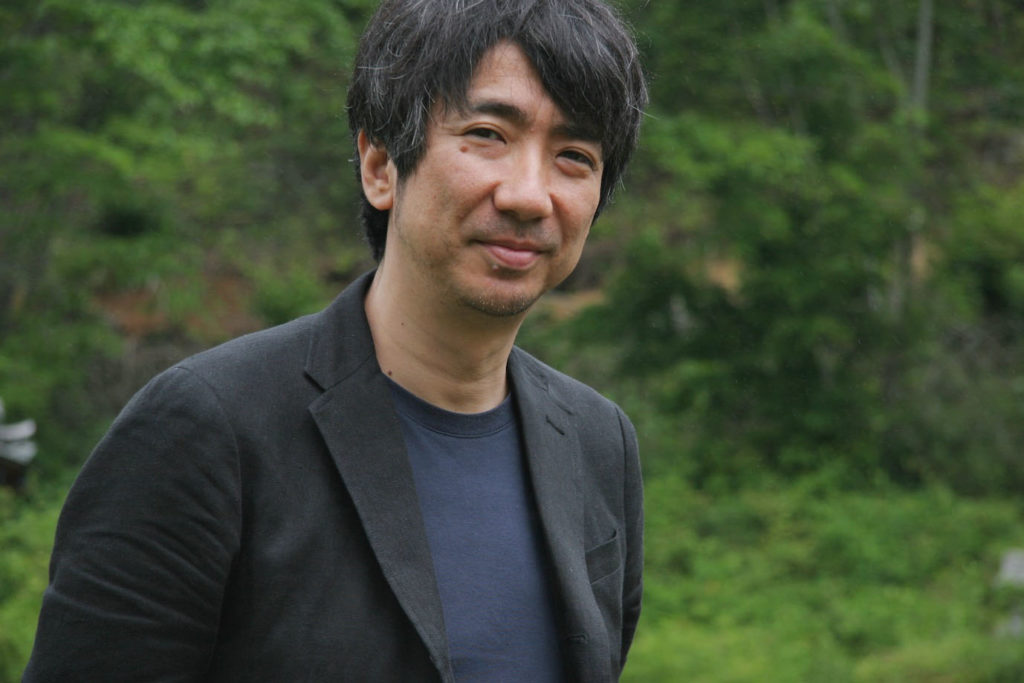
Northern play: Masataka Matsuda directs his Marebito company in Performing Fukushima.
“I believe F/T may be the only major event brave enough to present our experimental and unspectacular performances,” says Matsuda. He then adds with a laugh, “That could be why its public-sector money was cut!”
Since 2013, Marebito has intermittently staged a work titled Performing Nagasaki based on short texts written by members about the Kyushu city that was atom-bombed in 1945. Now it is set to premiere its similarly styled Performing Fukushima piece at F/T.
“Today, people tend to categorize things as being valuable or nonvaluable according to their own fixed ideas,” Matsuda says, “but theater can offer altogether different assessments of worth.
“So just as with Nagasaki, we are striving to present Fukushima as it really is, which may be different from the negative image Tokyo audiences perhaps have.
“We will have 12 actors rotating again and again as they read segments of text five of us wrote while visiting Fukushima. And unlike the fictional worlds of conventional plays, by presenting this piece here in a disused school’s gymnasium devoid of visual distractions, we want to fire up audiences’ imaginations so they feel they are walking around in Fukushima.”
Meanwhile, Yokobori proudly points out that, despite its budget woes, F/T will again feature a sparkling roster of artists from abroad.
“While most venues would only invite famous or flamboyant artists from overseas, F/T will introduce obscure, hard-core dramatists and political programs,” he says.
Among those will be the widely acclaimed play Woodcutters by Polish playwright-director Krystian Lupa, a leading figure in avant-garde European drama.
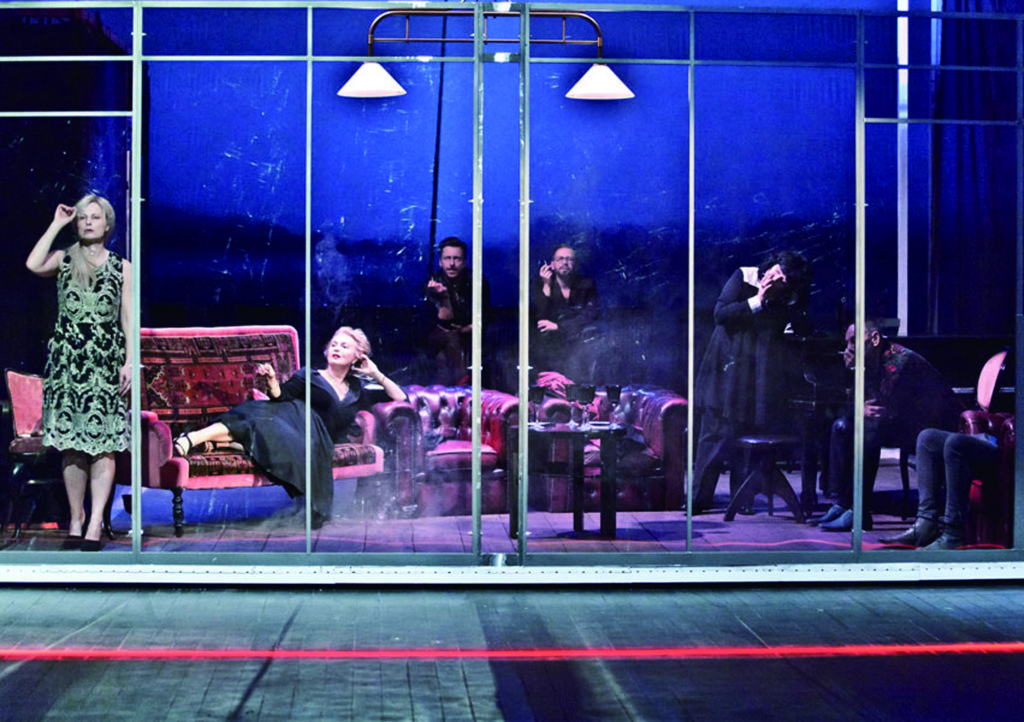
Stage set: Actors perform Woodcutters by Polish playwright and director Krystian Lupa. | NATALIA KABANOW
Based on a 1984 novel of the same name by Austrian Thomas Bernhard, this will be staged at TMET’s main Playhouse theater. Running for a prodigious 260 minutes, the work is centered on a dinner following the funeral of a famous actress and highlights the kind of deceitful, egocentric arguments, arrogance, and conceits that so often pass unquestioned for normality.
In addition, Yokobori also enthusiastically mentions All the Soldiers are Pathetic by the famous playwright and director Kunhyung Park, which will run at the cozy Owlspot theater in Higashi Ikebukuro.
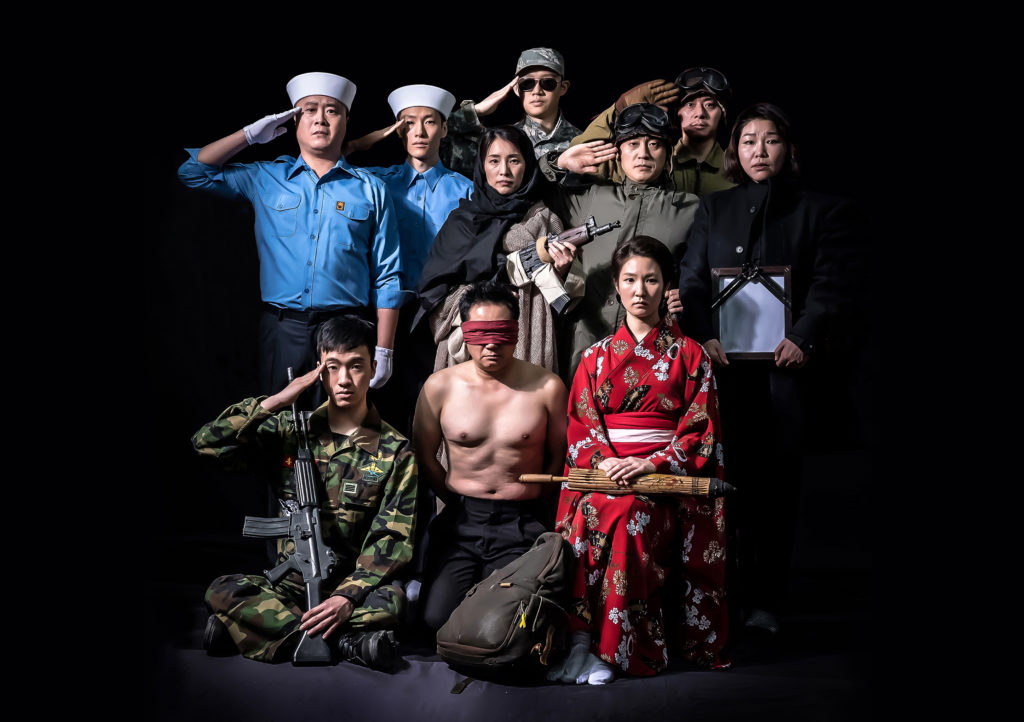
Theatrical salute: A lineup from All the Soldiers are Pathetic by Kunhyung Park. | GANG MOOL LEE © NAMSAN ARTS CENTER
Though the play has been 2016’s hottest drama program in Korea, Park is now facing difficulties working in his homeland due to government pressure following his 2013 work Frog, which criticized Park Chung-hee, a former president who is the father of the current president, Park Geun-hye.
Yokobori, though, says F/T is proud to present Park’s latest play, which questions patriotism and other societal pressures in a universal sense — but does so with lots of laughs.
Kawai stresses F/T’s rich lineup of original and experimental works that will hopefully create new theater fans.
In Asian Series Vol. 3, for instance, the festival will follow previous Asian Series (Korea and Myanmar) with four cutting-edge works from Malaysia, while a new ingredient titled Outdoor Performance Series will see young Japanese artists use nontheater places such as cafes, rooftops and foyers to present four dance- and sketch-type performances.
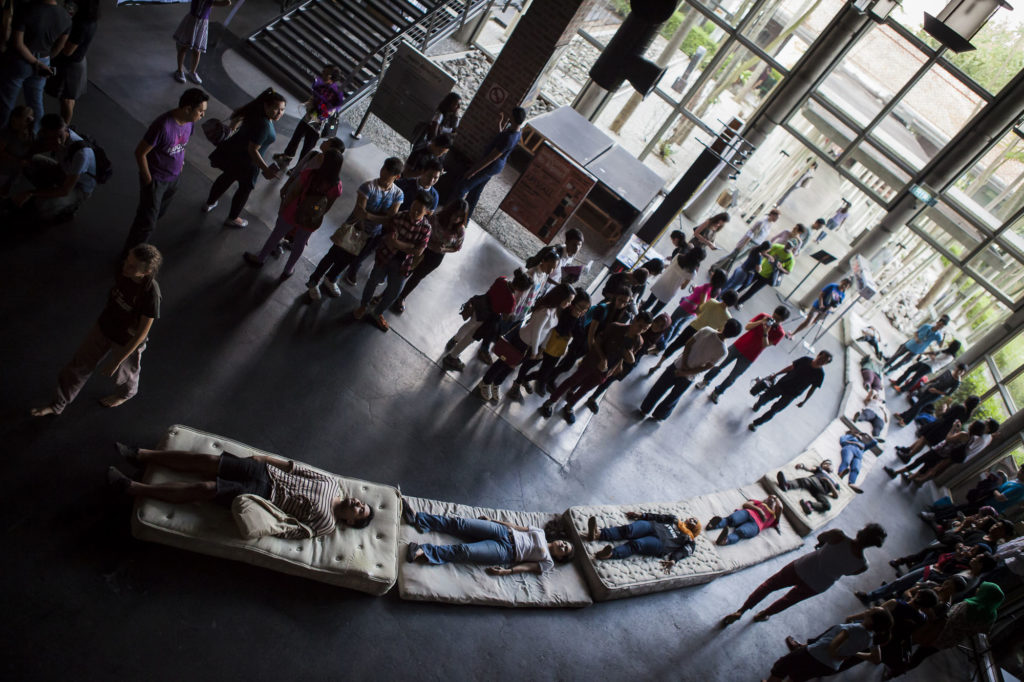
Bed in: A scene from B.E.D., one of four works in ‘Asian Series vol.3’ from Malaysia. | © WONG HORNGYIH
Finally, it’s sad to say that this year sees the last installment of F/T’s signature program, “Festival Fukushima @ Ikebukuro West Gate Park.”
Open to everyone, this free Bon-odori (Bon-dance) event grew out of a music festival organized in Fukushima in 2011 by local musicians, poets, and artists determined to be unbowed by the awful natural and nuclear calamities there.
“After that event in Fukushima,” says media artist Seinoshin Yamagishi, the project’s director, “we decided to keep that spirit going and finally settled on doing so through a Bon dance, with everyone joining hands as we play our original protest song about the dangers of nuclear power and economic imbalance.”
Previously, “Festival Fukushima” was F/T’s cheerful opening program, but this year it will run over two days at the end — though Yamagishi promises that joyous and inclusive celebration intended to dispel any negative feelings about Fukushima Prefecture will spring up again in some form in Tokyo, as it already has in Sapporo and around Aichi Prefecture.
Even though so much about F/T is now in flux, with all the positive energy that still surrounds it, who’s to say its greatest days are not still ahead.
This post originally appeared on The Japan Times on October 6, 2016, and has been reposted with permission.
This post was written by the author in their personal capacity.The opinions expressed in this article are the author’s own and do not reflect the view of The Theatre Times, their staff or collaborators.
This post was written by Nobuko Tanaka.
The views expressed here belong to the author and do not necessarily reflect our views and opinions.

